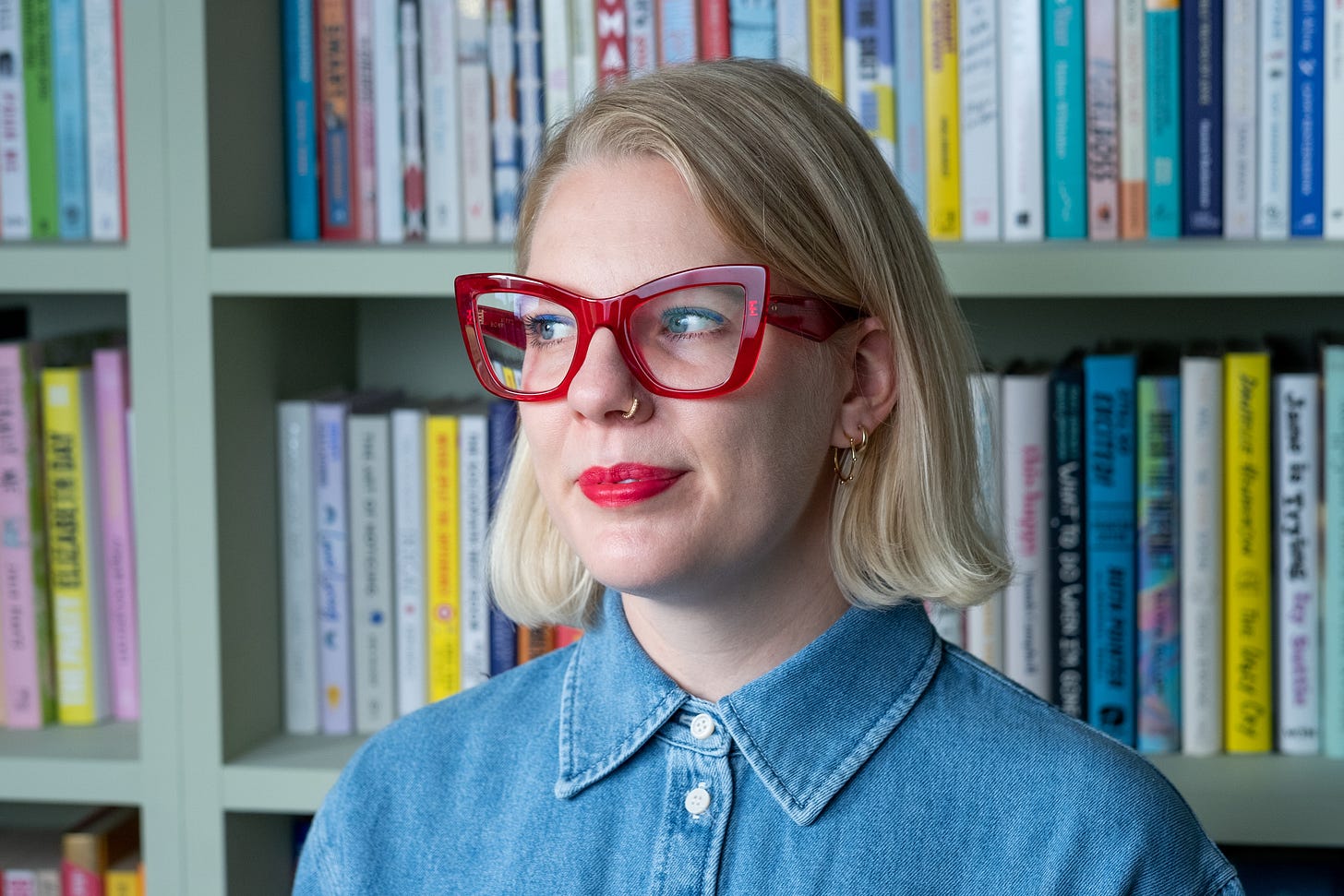Since the 9th grade, I hoped to become an author. Like many ambitions, there was an inspiring teacher, Mrs. Barkely, behind it. One day after submitting an essay on Moby Dick, she advised, “You should think about being a writer.”
At twenty-two, I was partly there, working as a journalist overseas. At thirty, I sold my first boo…
Keep reading with a 7-day free trial
Subscribe to Work/Craft/Life to keep reading this post and get 7 days of free access to the full post archives.




